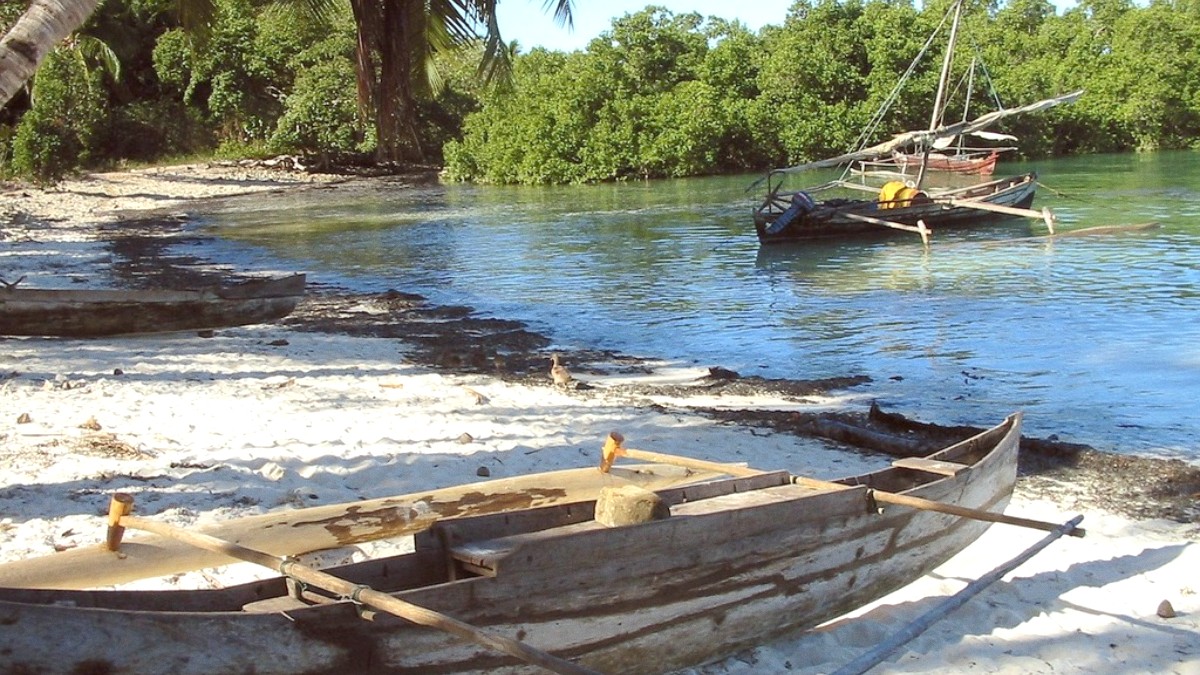
Download maps of South Tarawa and Kiritimati on apps like Google Maps or Maps.me.
Install Google Translate and download the I-Kiribati phrasebook for offline use.
WhatsApp and Messenger are widely used for contacting accommodations.
Check forecasts, though local conditions can change rapidly.
Download apps for Fiji Airways or Nauru Airlines for flight status updates.
Search for their official tourism website for current information.
Check official government sites for entry requirements and health information.
Visit Fiji Airways, Nauru Airlines, and Air Kiribati for schedules and booking.
Use regional meteorological services, like Fiji Meteorological Service.
Check international platforms like Booking.com or Expedia for available listings.
Guidebooks specifically on Kiribati are rare. Search for regional Pacific guides.
Books on the Battle of Tarawa give deep historical context for WWII sites.
Explore anthropological texts on I-Kiribati culture or climate change impacts.
Be aware of limited infrastructure and services in Kiribati. Plan accordingly for self-sufficiency.
For more detailed information on emergency protocols and medical facilities, consult official government advisories and medical travel guides.
Search for films on WWII, climate change, or traditional life in Kiribati.
Look for archival footage related to the Battle of Tarawa.
A documentary focusing on climate change impacts on low-lying islands.
Seek podcasts discussing Kiribati's culture, history, or climate challenges.
Listen to Kiribati music, featuring drumming and vocal harmonies.
Explore his writings for observations from his time on Abemama.
Travel forums dedicated to the Pacific region provide valuable insights from other travelers.
Search for Kiribati Tourism Authority on social media platforms like Facebook for updates.
Online groups focused on Kiritimati fishing or Pacific travel share specific experiences.
Support local businesses and minimize your environmental footprint to contribute positively to Kiribati's future.